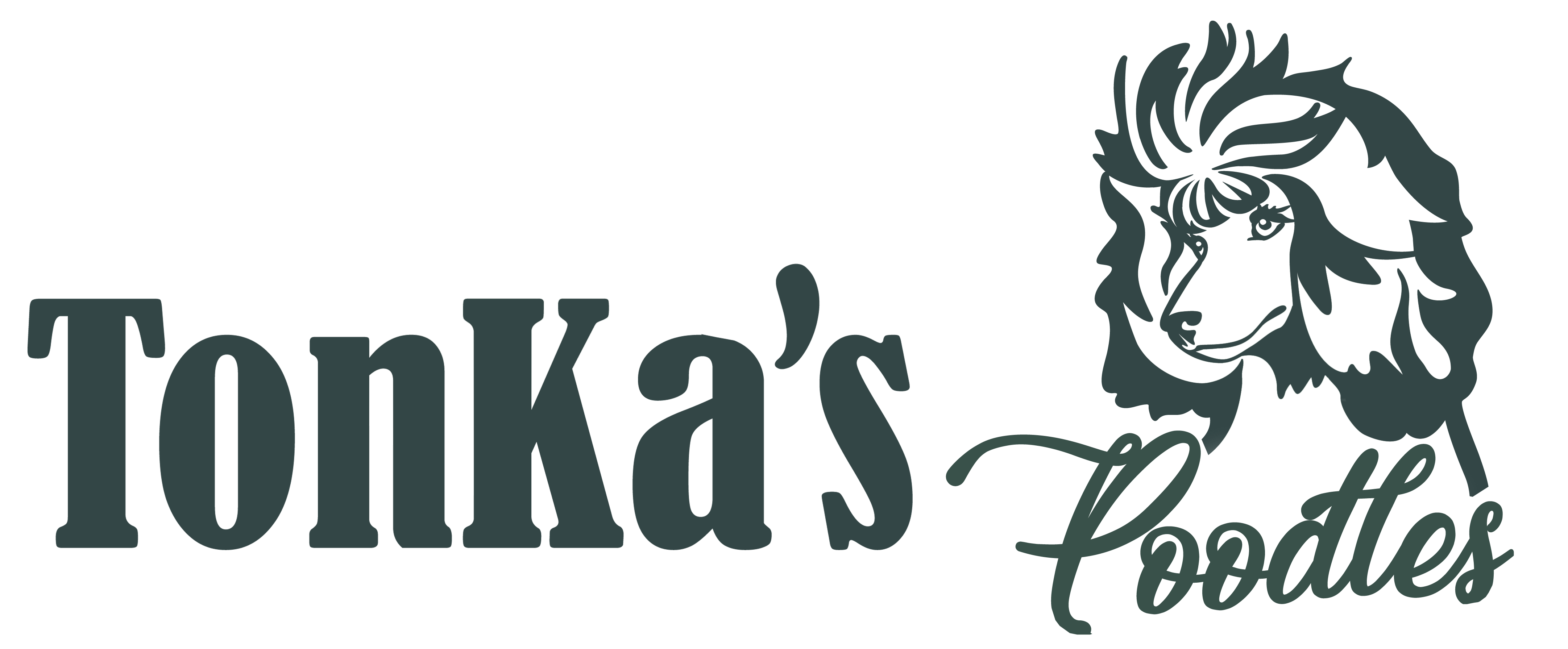Poodles are intelligent, elegant, and loving dogs that make wonderful companions. Whether you have a Standard, Miniature, or Toy Poodle, these dogs are known for their distinct curly coats, playful personalities, and keen intelligence. As a new poodle owner, understanding the essentials of poodle care is crucial to ensuring a happy and healthy life for your new furry friend. In this comprehensive guide, we will cover key aspects of poodle care, from grooming and diet to training and health.
1. Understanding the Poodle Breed
Poodles come in three sizes: Standard, Miniature, and Toy. Each size has unique characteristics, but all poodles share common traits like intelligence, trainability, and hypoallergenic coats. Knowing your poodle's specific needs based on their size and personality will help you provide the best care.
2. Grooming Your Poodle
Poodles have a curly, dense coat that requires regular grooming to prevent matting and keep them looking their best. Here's a breakdown of essential grooming tasks:
- Brushing: Regular brushing is crucial to prevent tangles and matting. Aim to brush your poodle at least 2-3 times a week, using a slicker brush and a comb for thorough grooming.
- Bathing: Poodles should be bathed every 4-6 weeks, depending on their activity level and coat condition. Use a gentle, dog-specific shampoo to avoid skin irritation.
- Haircuts: Poodles require regular haircuts every 6-8 weeks. You can choose from various styles, including the popular "puppy cut," "continental clip," or a simple "teddy bear cut." If you're not comfortable grooming at home, consider professional grooming services.
- Nail Trimming: Trim your poodle's nails every 3-4 weeks to prevent overgrowth and discomfort. If you're unsure how to do it, consult a groomer or veterinarian.
- Ear Care: Poodles are prone to ear infections due to their floppy ears. Clean their ears regularly with a vet-approved solution and keep the ear hair trimmed to ensure proper airflow.
3. Diet and Nutrition
Feeding your poodle a balanced diet is essential for their overall health and well-being. Here are some dietary tips:
- Quality Dog Food: Choose high-quality dog food that meets your poodle's specific needs based on their size, age, and activity level. Look for a diet rich in protein, healthy fats, and essential vitamins and minerals.
- Portion Control: Poodles can be prone to obesity, so it's important to monitor their food intake. Follow the feeding guidelines on the dog food package and adjust as needed based on your dog's weight and activity level.
- Fresh Water: Always provide fresh, clean water for your poodle. Hydration is key to maintaining their health.
- Avoid Harmful Foods: Certain foods like chocolate, grapes, onions, and garlic are toxic to dogs. Be mindful of what your poodle can and cannot eat.
4. Training and Socialization
Poodles are highly intelligent and eager to please, making them relatively easy to train. Here are some training and socialization tips:
- Basic Commands: Start with basic commands like sit, stay, come, and heel. Use positive reinforcement techniques, such as treats and praise, to encourage good behavior.
- Socialization: Expose your poodle to various environments, people, and other animals from a young age. This helps them become well-rounded and confident adults.
- Crate Training: Crate training can provide your poodle with a safe space and help with housebreaking. Make the crate a positive environment with comfortable bedding and treats.
- Obedience Classes: Consider enrolling your poodle in obedience classes for structured training and socialization opportunities.
5. Health and Wellness
Regular veterinary care is essential to keep your poodle healthy. Here are some key health considerations:
- Vaccinations: Keep up with your poodle's vaccination schedule to protect them from common diseases.
- Parasite Prevention: Use flea, tick, and heartworm preventatives as recommended by your veterinarian.
- Dental Care: Poodles are prone to dental issues, so regular teeth brushing and dental check-ups are important.
- Regular Check-ups: Schedule annual veterinary check-ups to monitor your poodle's health and catch any potential issues early.
6. Exercise and Mental Stimulation
Poodles are active dogs that require regular exercise and mental stimulation to stay happy and healthy:
- Daily Walks: Take your poodle for daily walks to provide physical exercise and mental stimulation.
- Playtime: Engage in interactive play, such as fetch or tug-of-war, to keep your poodle entertained.
- Training Games: Use puzzle toys and training games to challenge your poodle's intelligence.
Conclusion
Caring for a poodle involves a commitment to grooming, nutrition, training, and overall health. By providing love, attention, and proper care, you can ensure a long, happy, and healthy life for your poodle. Whether you're enjoying playtime, training sessions, or simply cuddling on the couch, the bond you build with your poodle will be rewarding for both of you.

